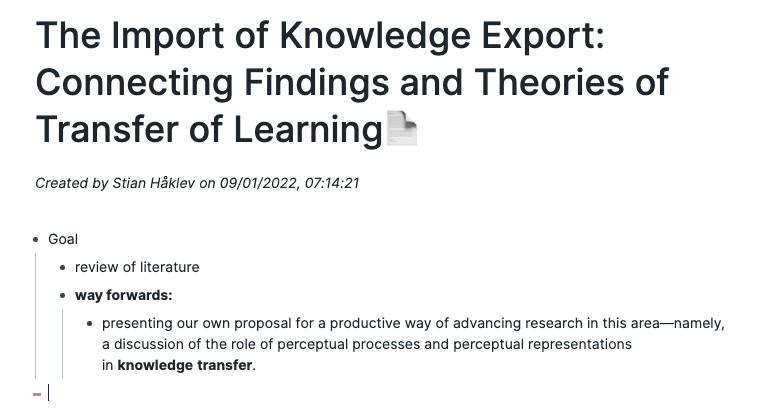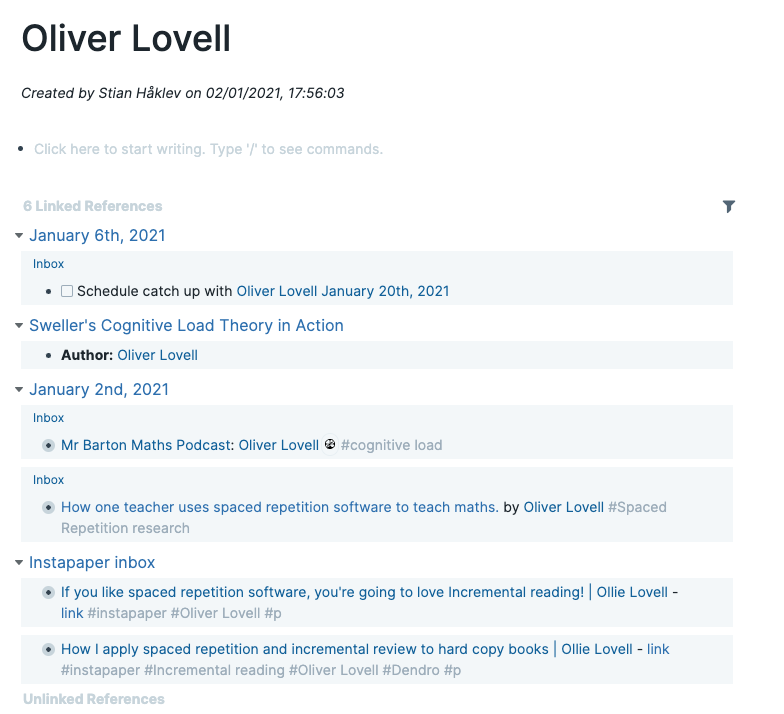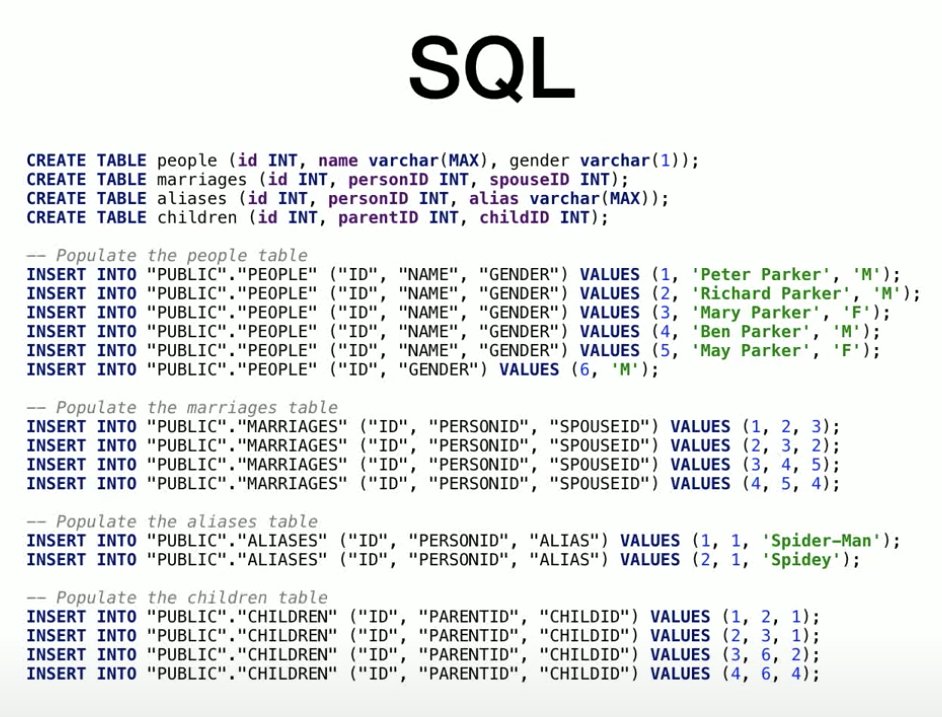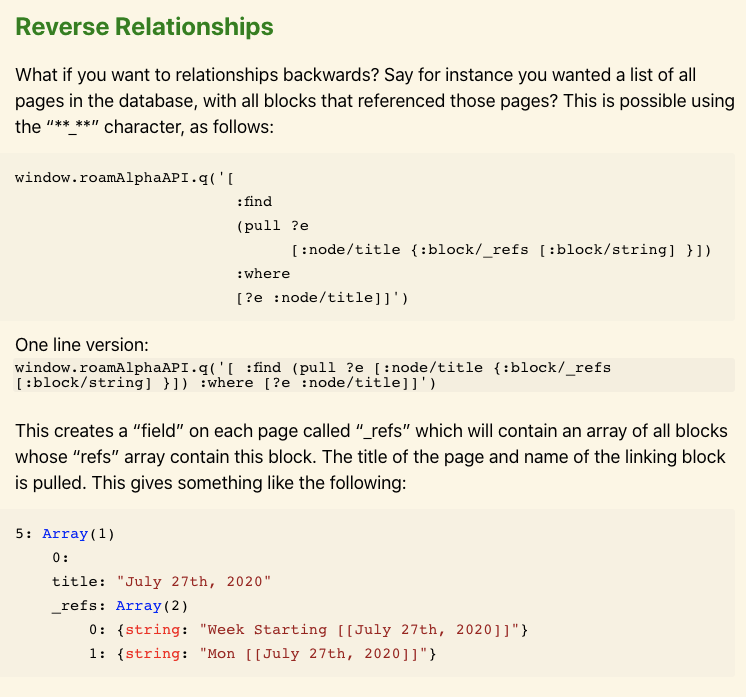
Using @RoamResearch after exploring @logseq, I desperately miss page tags. I want to tag the entire contents of this page #transfer, so that I can later search for eg. (and [[transfer]] [[perception]]). I refuse to put a bullet with #transfer on top and nest everything below.
The infuriating thing is that in theory, top-level attributes in Roam should be able to play this role. However, you can't query for them. I was tweeting about this two years ago - no improvement.
In Logseq, you can add top level tags and query for them.
https://twitter.com/houshuang/status/1233273670690377728
In Logseq, you can add top level tags and query for them.
Although @logseq handles this, it's a problem that you have to specify page-property tags. What if it's a paper about perceptual issues that writes about transfer, as opposed to the other way around? Wish the query (and [[transfer]] [[perceptual issues]]) worked. 



Really what you'd want is the opportunity to specify
- any block related to these two tags
- only blocks where these two tags appear (not inherited)
- only blocks with this page tag/with this link
- find siblings that have all these blocks
- find page with all these blocks...
- any block related to these two tags
- only blocks where these two tags appear (not inherited)
- only blocks with this page tag/with this link
- find siblings that have all these blocks
- find page with all these blocks...
As long as you can express the query in Datascript, I guess a) you can already do it in @logseq (although clumsily), b) it should be possible to write extensions to the simple query language.
Here's an example from @logseq of finding two blocks on the same page (siblings). Would be nice if this were available in the simple query syntax (something like `(near [[eggs]] [[milk]])`? 



• • •
Missing some Tweet in this thread? You can try to
force a refresh










